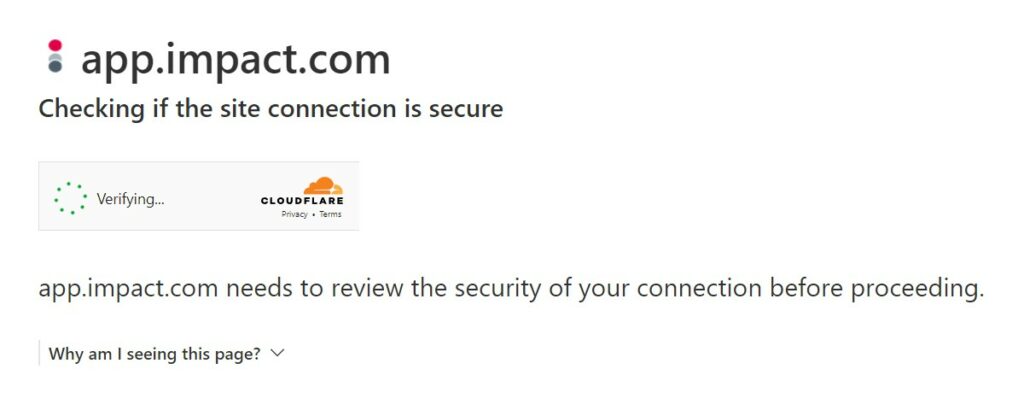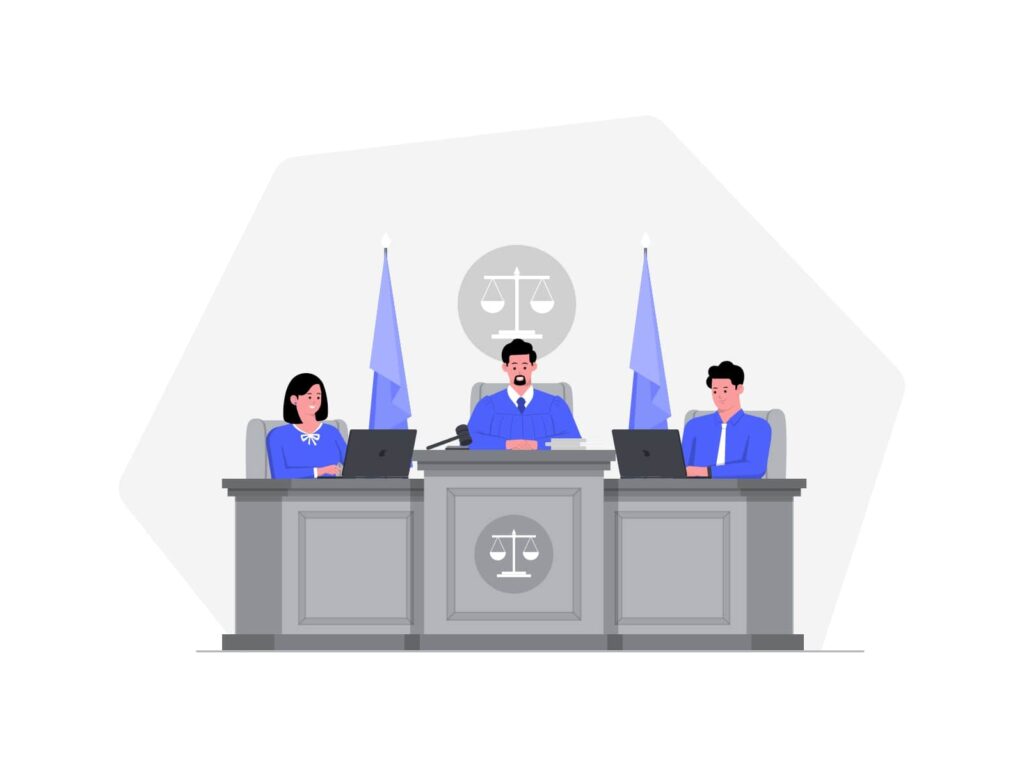VPNs have disadvantages, certain drawbacks, and limitations you must know. It is crucial to evaluate these disadvantages to make an informed decision regarding the necessity of using a VPN for your specific needs and circumstances.
In the following article, we will delve into VPNs' potential disadvantages. That includes exploring issues such as reduced internet speed, compatibility challenges, trust in VPN service providers, and regulatory concerns.
Quick Summary
- Potential limitations of VPNs include reduced internet speed, subscription costs, compatibility issues, reliance on VPN service providers, and legal and regulatory concerns.
- VPNs can impact streaming services, leading to restrictions and difficulty accessing content. Due to routing and encryption processes, you may also experience latency and lag in online gaming.
- Dependency on VPN services for privacy and security requires trust in the provider's policies and practices.
- Incompatibilities with certain websites and services can arise when using a VPN, resulting in captchas, other verification processes, or blocked access.
- The decision to use a VPN depends on individual security and privacy requirements.
1. Reduced Internet Speed
One of the primary concerns with VPN usage is the potential impact on internet speed. Since VPNs route your internet traffic through an additional server, it can result in slightly slower connection speeds.
The encryption and decryption processes in securing your data can introduce latency and decrease overall internet speed. However, the extent of this speed reduction depends on various factors such as server location, encryption protocols used, and your internet connection's actual speed.
2. Cost and Subscription Fees
Many VPN services have subscription fees, and most will encourage users to sign up for extended-length subscriptions. Unless you choose this lengthy subscription, the monthly fee can be considerable.
For example, CyberGhost VPN's monthly subscription is $12.99. If you're willing to sign up for a 2-year subscription, the price drops to $2.11 monthly. However, you must pay for the entire subscription upfront. (See the CyberGhost VPN deal here)
While some VPN providers offer free options, they often have limitations such as restricted bandwidth, slower speeds, or intrusive ads. Therefore, the cost of a VPN can be a potential disadvantage for those on a tight budget or seeking a free solution.
3. Compatibility and Technical Issues
Certain VPN services may not be compatible with all devices or operating systems. Compatibility issues can arise, particularly with less popular platforms or older devices. Additionally, setting up and configuring a VPN can sometimes be complex.
Technical issues such as connection drops, software conflicts, or DNS leaks can also occur, requiring troubleshooting and potentially affecting your online experience.
4. Trust in VPN Service Providers
You entrust your online traffic and data to the VPN service provider when using a VPN. Choosing a reputable and trustworthy VPN provider is essential to ensure your information's security and privacy.
However, not all VPN providers are equal in their commitment to user privacy and data protection. Some may log and store user data, potentially compromising your privacy. Knowing which VPN providers are reputable and have a strong track record of transparency and data protection practices is essential.
Examples of reputable VPNs include NordVPN and ExpressVPN, both of which have their services independently audited. These independent audits help reassure customers of their high service integrity.
5. Legal and Regulatory Concerns
The legal and regulatory landscape surrounding VPN usage varies across different countries. In some regions, using a VPN may be restricted or even illegal. Government agencies and ISPs may employ measures to detect and block VPN usage.
Engaging in activities that violate the terms of service or applicable laws while using a VPN can have legal consequences. Understanding and complying with the laws and regulations governing VPN usage in your jurisdiction is crucial.
Also Read: What is VPN Jurisdiction and Why Does It Matter?
6. Streaming Service Limitations
One of the potential disadvantages of using a VPN is the impact it can have on streaming services. While VPNs are often used to access geo-restricted content, specific streaming platforms have implemented measures to detect and block VPN usage.
As a result, you may encounter difficulties accessing content on platforms like Netflix, Hulu, or BBC iPlayer when using a VPN. These platforms employ techniques to identify and block IP addresses associated with VPN servers, restricting your ability to stream region-restricted content.
Also Read: Best VPN for Netflix Users
7. Potential Latency and Lag in Online Gaming
For online gamers, latency and lag are crucial factors that can significantly impact the gaming experience. When using a VPN, your internet traffic is routed through an additional server, which can introduce additional delays in data transmission.
This routing can increase latency and potential lag while playing online games. The distance between your location, the VPN server, and the game server can also contribute to latency issues.
While the impact may vary depending on factors such as server proximity and network quality, it is vital to consider the potential impact of using a VPN on gaming performance.
It is worth noting that not all VPNs have the same impact on streaming and gaming. Some VPN providers invest in specialized servers designed for optimized streaming or gaming performance, mitigating potential issues.
Also Read: How to Lower Ping in Online Games
8. Over-reliance on VPN for Privacy and Security
One potential disadvantage of using a VPN is the inherent reliance on the VPN service provider for privacy and security. While VPNs offer encryption and anonymity, you entrust your online activities and data to the VPN service.
This reliance means that the privacy and security of your information are contingent upon the VPN provider's policies and practices. Choosing a reputable VPN service with a strong track record in protecting user privacy and maintaining robust security measures is crucial.
Also Read: Our Selection of Best VPN Services
9. Captchas and Verification Processes

Due to the nature of VPNs, which involve routing your internet traffic through different servers and IP addresses, some websites may perceive this behavior as suspicious or indicative of automated activity.
As a result, you may be prompted to solve captchas or go through additional verification steps to prove that you are a genuine user. These extra steps can be time-consuming and cumbersome, potentially hindering your browsing experience.
10. Blocked Access to Certain Websites
In some cases, certain websites or online services may actively block or restrict access to users who are using VPNs. This can be done for various reasons, such as preventing unauthorized access, limiting abusive behavior, or complying with regional content licensing agreements.
If you heavily rely on accessing such websites or services that explicitly block VPN usage, using a VPN can be counterproductive and frustrating. It is important to note that the extent of such blocks or restrictions can vary, and not all websites implement them.
11. False Sense of Security
One common misconception about VPNs is that they provide an all-encompassing solution for online security. While VPNs offer encryption and anonymity, it is essential to recognize their limitations.
VPNs primarily secure your connection and protect your data while it is in transit between your device and the VPN server. However, once your data reaches its destination, such as a website or online service, it is no longer encrypted or protected by the VPN.
Therefore, VPNs do not completely protect against all online threats, such as malware, phishing attacks, or compromised websites.
Also Read: VPN vs. antivirus: What are the differences?
12. User Responsibility and Awareness
It is crucial to understand that maintaining online security requires a holistic approach that goes beyond using a VPN. Users must remain vigilant, practice good cybersecurity habits, and employ additional security measures to protect their online activities.
This includes regularly updating software, using strong and unique passwords, enabling two-factor authentication, and being cautious of suspicious emails or links. VPNs are a valuable tool within a broader security strategy rather than the sole safeguard against online threats.
Alternatives to Using a VPN
While VPNs are widely used to enhance online privacy and security, they are not the only solution. There are alternative options to VPNs that offer some degree of similarities. Two of them are the Tor network and proxy servers.
Tor Network
The Tor network, or The Onion Router, is an alternative to VPNs focusing on privacy and anonymity. It works by routing your internet traffic through a network of volunteer-operated servers, encrypting the data multiple times to enhance anonymity.
Tor provides strong privacy protection and allows users to access the internet anonymously. However, it is important to note that the Tor network can significantly impact internet speed due to its multi-layered encryption and relaying of traffic through various nodes.
Also Read: How to Use Tor Browser to Navigate Safely
Proxy Servers
A proxy server acts as an intermediary between your device and the internet. They can provide anonymity by masking your IP address and indirectly allowing you to access websites. While proxy servers offer some level of privacy, they may not offer the same level of encryption and security as VPNs.
Additionally, not all proxy servers support encryption, potentially leaving your data vulnerable to interception. Proxy servers are often used for bypassing regional restrictions or accessing blocked content, but they may not be as effective in protecting your data or ensuring a secure connection.
Also Read: VPN vs Proxy: What's the Difference?
Do You Need a VPN?
Determining whether you need a VPN depends on your security and privacy requirements. Consider the sensitivity of the information you handle online and the level of privacy protection you desire.
If you frequently access sensitive financial accounts, conduct online transactions, or communicate confidential information, a VPN can add a layer of security and encryption to protect your data from potential threats.
Factors to consider when deciding to get a VPN or not include;
Sensitivity of Online Activities
Evaluate the sensitivity of the information you handle online. If you frequently access or transmit sensitive data such as financial information, personal documents, or confidential work-related files, a VPN can provide an added layer of encryption and security.
Public WiFi Usage
Using a VPN is advisable if you frequently connect to public WiFi networks, especially in places like coffee shops, airports, or hotels. Public WiFi networks are often unsecured, making them prime targets for hackers.
Accessing Geo-blocked Content
Suppose you want to access region-restricted content, such as streaming services or websites unavailable in your country. In that case, a VPN can help bypass these geo-restrictions by masking your IP address and making it appear like you are browsing from a different location.
Concerns about Online Privacy
If maintaining your online privacy is a priority, a VPN can help protect your identity and browsing habits from being tracked by advertisers, government agencies, or other third parties. A VPN masks your IP address and encrypts your internet traffic, making it difficult for others to monitor your online activities.
Censorship and Freedom of Expression
If you live in a country with strict internet censorship or surveillance practices, a VPN can help you bypass these restrictions. That means you can access blocked websites or social media platforms, allowing you to exercise freedom of expression and access information.
Budget and Cost Considerations
Consider the cost of using a VPN, as premium VPN services often require a paid subscription. If you have budget constraints, evaluate whether the benefits of using a VPN justify the cost for your specific needs.
VPNs Are Optional: Carefully Weigh Your Considerations
Choosing a VPN should align with your needs, risk assessment, and online activities. Regularly reassess your privacy and security requirements, staying informed about emerging threats and evolving technologies.
Remember, privacy and security are ongoing concerns. While VPNs can provide an additional layer of protection, they are just one component of a comprehensive security strategy. It's always best to employ a rational approach that combines multiple security measures.
